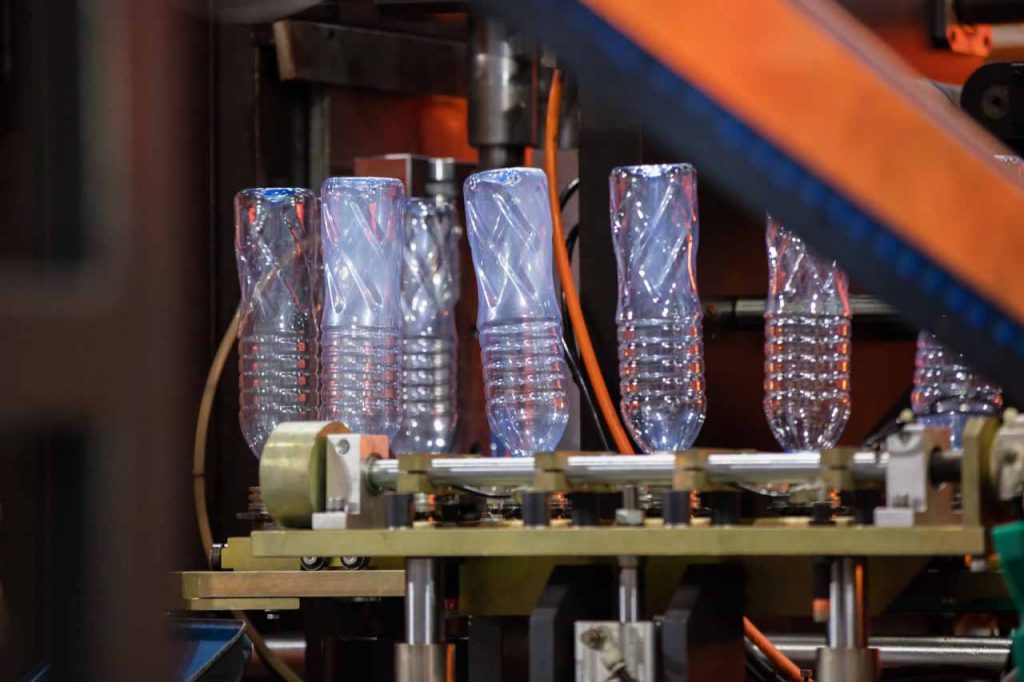
Cascadia Consulting Group, Full Circle Environmental and More Recycling conducted research on behalf of state officials in strategies to boost the use of post-consumer plastic in packaging. | MOLPIX/Shutterstock
A report for the state of Washington explores impediments to the use of post-consumer resin in packaging, and it identifies a number of potential solutions.
The June 1 recycled-content study was prepared by consulting firms Cascadia Consulting Group, Full Circle Environmental and More Recycling for the Washington State Department of Ecology. It was prepared as part of a state Plastic Packaging Study project, which will produce recommendations to lawmakers for legislation aimed at reducing plastic packaging sent to landfills.
The report provides information for state regulators as they pursue a goal of 20% recycled content in plastic packaging by 2025. The document was based on a number of sources, including interviews with 12 plastics manufacturers and converters, and four reclaimers.
According to the researchers, manufacturers cited a lack of supply, cost compared with virgin resin, material quality, regulatory requirements and consumer perceptions of recycled resin as barriers to using PCR.
They pointed to a number of potential solutions. One of those was improving collection, sorting and processing technologies. This could involve source-separated collection systems, advances in sorting equipment at materials recovery facilities (MRFs) or investments in secondary MRFs or plastics recovery facilities (PRFs).
Another potential solution identified by the report was increasing collection volumes and quality through policy, including bottle deposits (Washington state does not have a deposit system) or extended producer responsibility (EPR).
Third, the researchers said imposing recycled-content minimums and design guidelines could solve key problems. They cited California’s garbage bag recycled-content requirements, which has increased PCR usage in the Golden State. Washington’s legislature in March sent Gov. Jay Inslee a bill requiring 10% PCR in bottles starting in 2022, 25% starting in 2025 and 50% starting in 2030. Inslee vetoed the legislation over concerns it would increase administrative costs for the state government at a time when COVID-19 is hammering tax and fee revenues.
The study also detailed some other potential drivers to boost PCR usage: government procurement requirements, R&D and market development support, consumer education, and industry initiatives.
Along with releasing the report, consultants developed a survey to gather feedback on options identified in the report or other suggestions to manage plastic packaging. The survey closes at midnight on Monday, June 15.
More stories about research
- New report explores the future of CPG packaging goals
- RIT researchers develop AI-based textile recycling system
- Researchers: Effective plastic treaty requires production cuts


